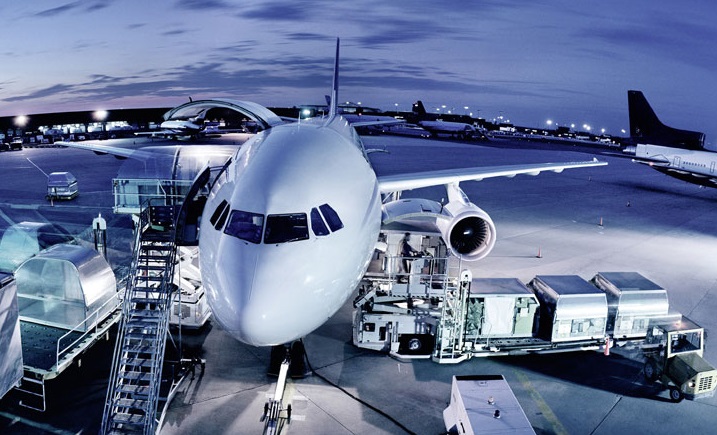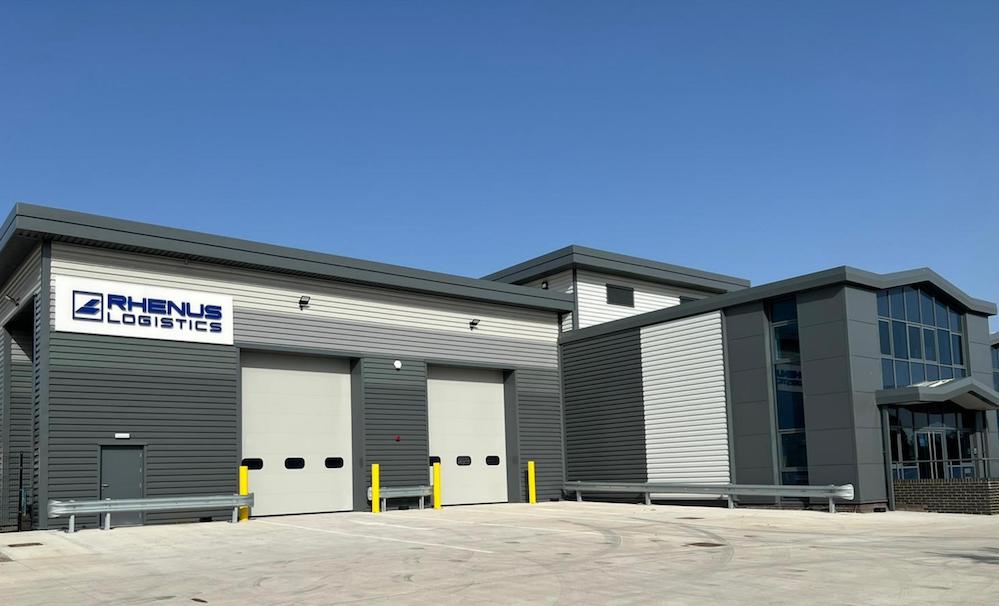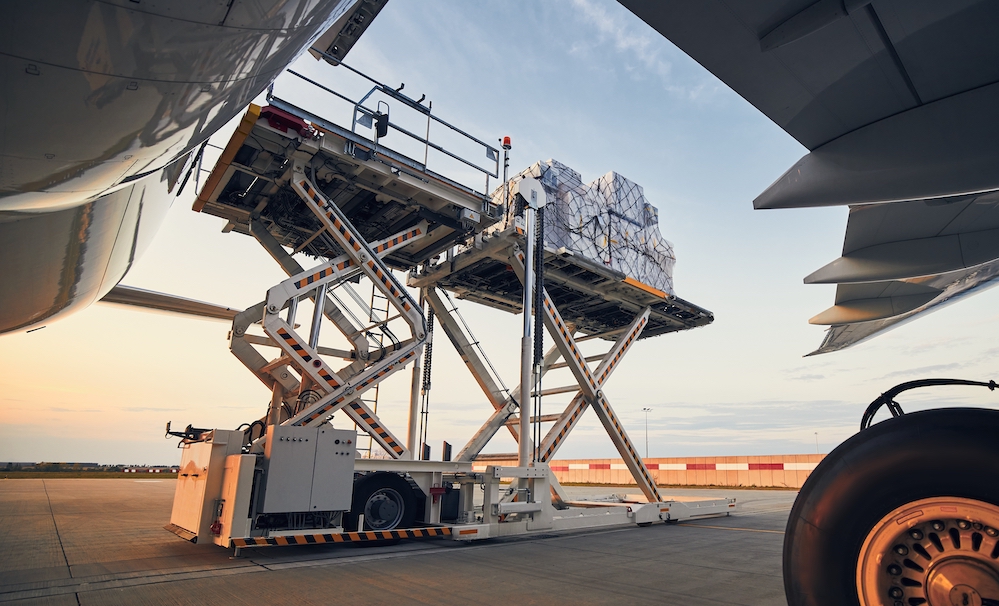“Extra airport runway capacity in London and the south east of England is vital to the UK economy” is the message from the Freight Transport Association today – made in its response to the Airports Commission Consultation.
FTA highlighted the importance of air freight in its submission which focused on the adverse economic impacts if adequate investment in additional airport hub capacity in the UK is not made. The association added that its response to the Commission did not distinguish between the two Heathrow options, but assessed the wider benefits of an overall Heathrow option alongside that of the Gatwick option.
Speaking at a Westminster Energy, Environment & Transport Forum seminar in London today, Chris Welsh, FTA’s Director of Global and European Policy, said:
“There are potentially serious implications for air freight operations, with knock-on implications for the broader freight industry and freight users arising from a failure to expand capacity or in going for the wrong option.”
To evaluate the implications for freight and assess the Gatwick and Heathrow options, FTA commissioned York Aviation, with support from Transport for London, to consider the potential long- term effects on the UK economy, the air freight industry and freight customers in the UK arising from the runway capacity options identified by the Airports Commission.
The York Aviation report assesses how the air freight market is likely to react to various scenarios arising from a Gatwick option, including a continued focus on Heathrow by long-haul scheduled operators providing belly-hold air freight services and the possibility of split operations between Heathrow and Gatwick. Under the latter scenario, the report backs up FTA’s own analysis that this would lead to higher costs due to additional trucking and significant inefficiencies through duplication of operations, increased transit times and delays.
York Aviation’s report underlines the importance of the UK maintaining its connectivity and hub status, so vital to UK industry which is dependent on expanded runway capacity to meet the growing demand for access to emerging markets.
Analysis within the FTA-commissioned report found that if no additional airport hub capacity is provided in London, additional trucking costs are estimated to be around £41.5 million per annum in 2050 with potentially significant impacts on freight users, including costs from increased transit times; no expansion of capacity would result in costs of £378 million per annum.
Mr Welsh added:
“Looking at the analysis from the York Aviation report, FTA estimates additional trucking costs in London to be in the region of £2 million per annum with additional increased utility costs using the Gatwick option. Our report clearly demonstrates the importance of the provision of sufficient concentrated airport hub capacity in London by 2030 and beyond to 2050. Without this capacity the air freight industry and freight customers will suffer, as, ultimately, will the end users in the UK economy.”
Earlier responses to the Airports Commission by FTA have primarily focused on the wider economic impacts on shippers of goods resulting from a failure to invest in additional airport hub capacity, in particular the need for enhanced runway capacity at Heathrow, the UK’s primary hub for international scheduled air cargo services.
FTA published ‘Sky High Value, the importance of air freight to the UK economy’ as an integral part of its response to the Airports Commission Interim Report published in 2013.
Welsh concluded:
“FTA is concerned that the issues around the freight market may not have been fully appreciated by the Airports Commission, and would therefore urge the Commission to fully understand how the freight market operates and the vital role it plays in supporting the UK economy.”
In assessing the options, FTA would urge the Airports Commission to focus on the connectivity implications related to the economic importance of air freight to the UK economy, including:
- Focusing on potential impacts on air freight in the longer term to 2050
- Examining the implications for air freight capacity in London
- Considering how the freight industry might react in different scenarios to service demand resulting from the additional capacity options
- Identifying and quantifying the potential impacts on freight users







